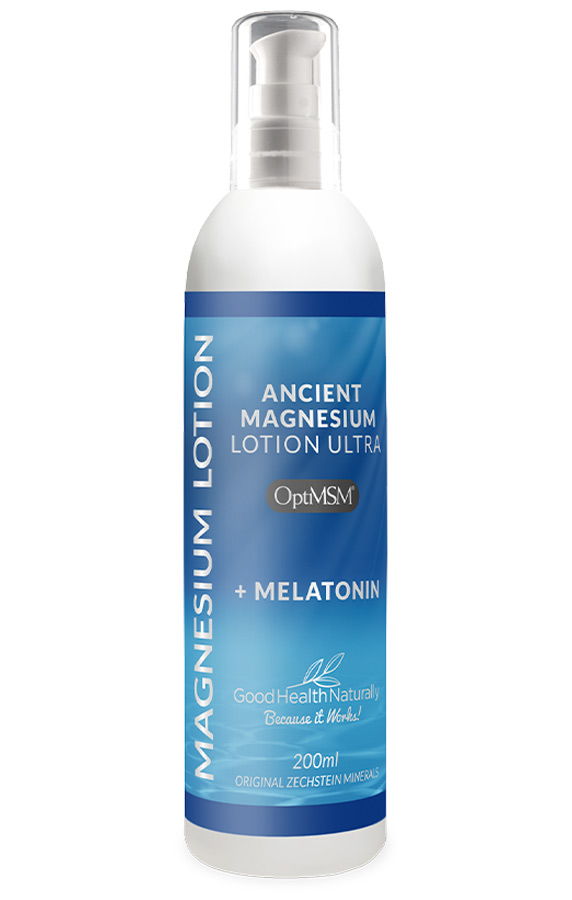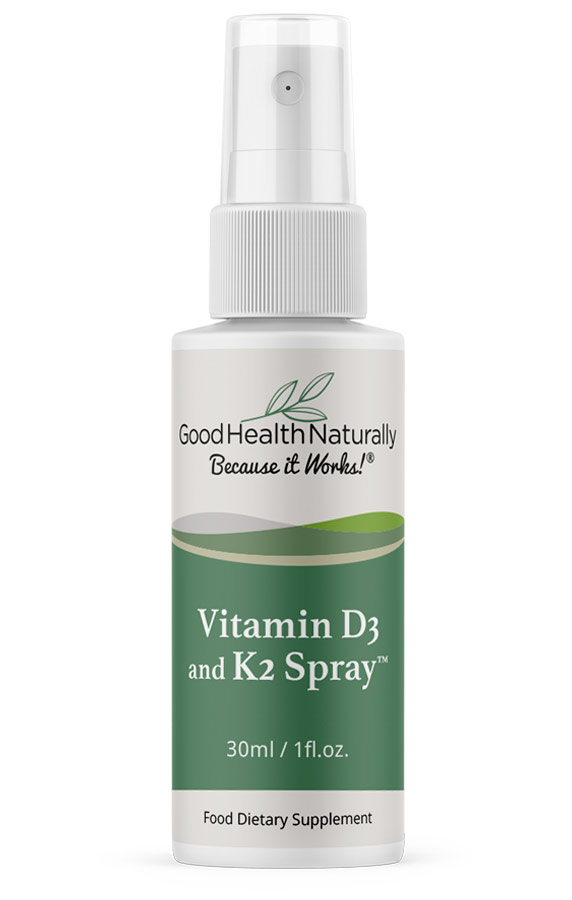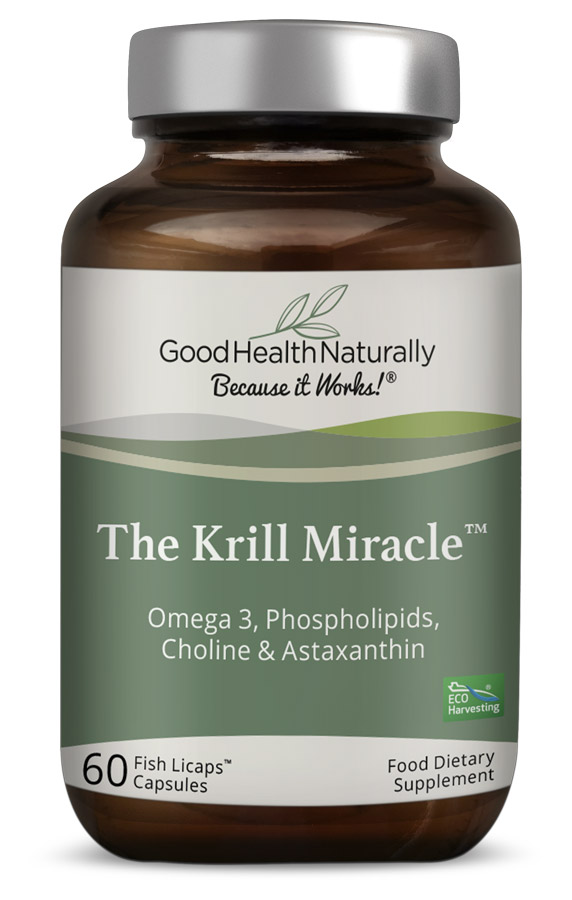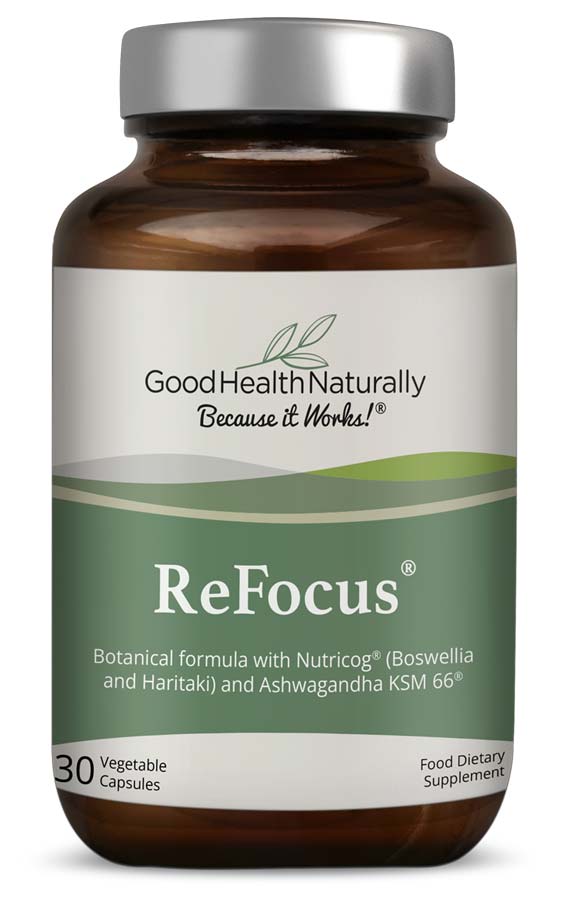This week, we’re turning our attention to World Menopause Day, observed on Friday, October 18th, a global event that encourages education and awareness about menopause.
This year’s theme focuses on hormone replacement therapy (HRT), a treatment that’s been both celebrated and debated. While HRT can be a lifeline for some women, offering relief from hot flashes, night sweats, and mood swings, it has also sparked controversy, raising important questions about whether menopause should be treated as a medical condition.
The Role of HRT in Menopause Care
Hormone replacement therapy aims to replace the hormones that naturally decline during menopause, particularly estrogen and progesterone. For many women, this can offer welcome relief from both the physical and emotional symptoms that can affect daily life. It’s also been associated with other health benefits, such as maintaining bone density and reducing the risk of osteoporosis.
However, HRT isn’t without its risks. Research has shown that it may increase the likelihood of developing certain health conditions, such as breast cancer, heart disease, or blood clots. This has left many women and healthcare providers in a difficult position: balancing symptom relief against long-term health concerns.
Is Menopause a Medical Condition?
One of the central questions in the HRT debate is whether menopause should be treated as a medical condition. After all, menopause is a natural stage of life—a biological transition that marks the end of reproductive years, not an illness. Interestingly, the word “menopause” itself comes from the Greek words mens (month) and pausis (cessation), referring to the end of monthly cycles. But, the way menopause is perceived varies greatly across cultures and history.
In Western cultures, menopause has often been medicalised, with significant attention given to symptoms that can disrupt daily life. Some wonder if this is influenced by big pharma’s push to steer women toward medical solutions like HRT. Yet, in many non-Western societies, menopause is viewed through a different lens—often seen as a positive transition to wisdom and respect within the community rather than a condition that needs to be “fixed.”
Globally, the experience of menopause can be shaped by cultural attitudes, lifestyle, and diet. For example, in some Asian countries where soy is a staple part of the diet, women report fewer menopausal symptoms, possibly due to the phytoestrogens found in soy. These cultural differences raise the question: is menopause inherently difficult, or have societal and commercial factors played a role in shaping how it’s perceived in the West?
Exploring Alternatives
As the debate around HRT continues, it’s important to recognise that there’s no one-size-fits-all approach to menopause. For women who are uncomfortable with the risks associated with HRT, natural alternatives offer another pathway. These include lifestyle approaches like regular exercise, a balanced diet rich in phytoestrogens, and stress management techniques like mindfulness or yoga.
Certain supplements have also gained popularity for supporting menopause symptoms. Herbs like black cohosh, red clover, maca and ashwagandha are often used to help manage hot flashes, mood swings, and sleep disturbances. Additionally, supplements like omega-3s, vitamin D and magnesium can provide further support for bone health and emotional balance.
Finding the Right Solution for You
At the end of the day, the decision about whether to use HRT or pursue natural solutions is a personal one. It’s vital for each woman to work closely with her healthcare provider to explore her options, weigh-up the risks and benefits, and choose what feels right for her body and lifestyle.
Recommended Products
|
Ancient Magnesium® with Melatonin |
Vitamin D3 and |
The Krill |
ReFocus® |
 |
 |
 |
 |




